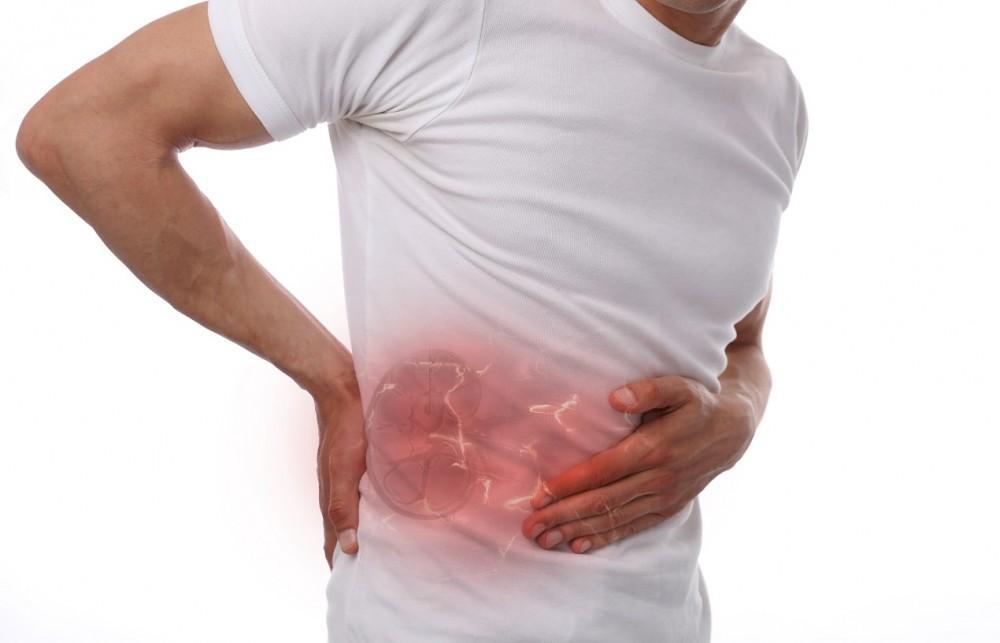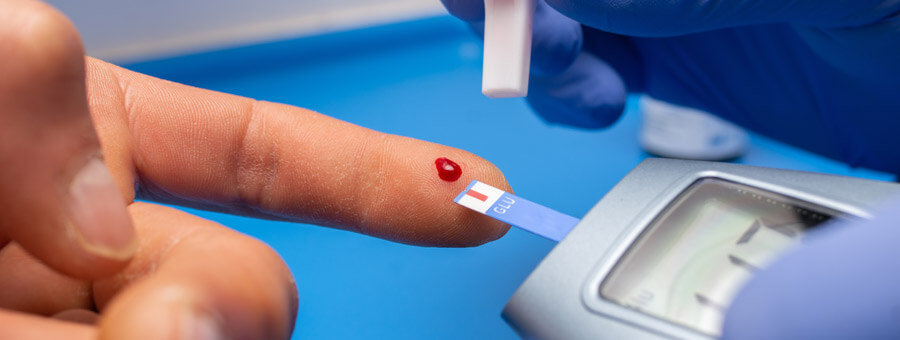
Kidney Test
Kidney tests, also known as renal function tests, are diagnostic evaluations used to assess the health and function of the kidneys. These tests help healthcare providers diagnose kidney diseases, monitor kidney function, and determine the appropriate treatment. Common kidney tests include:
Blood Tests:
- Creatinine: Measures the level of creatinine in the blood, which is a waste product produced by muscles. Elevated levels can indicate kidney dysfunction.
- Blood Urea Nitrogen (BUN): Measures the amount of urea nitrogen in the blood, which is a waste product from the breakdown of proteins. Elevated levels can indicate kidney problems.
- Electrolytes (Sodium, Potassium, Chloride): Measures the levels of these electrolytes in the blood, which can be affected by kidney function.
Urinalysis: Analyzes a urine sample for various substances and abnormalities, such as protein, blood, glucose, and bacteria. Abnormal results can indicate kidney disease or other urinary tract issues.
Creatinine Clearance Test: Compares the level of creatinine in the blood with the level in a 24-hour urine sample to estimate how well the kidneys are filtering waste.
Glomerular Filtration Rate (GFR): Estimates how much blood passes through the glomeruli (kidney filters) each minute, indicating kidney function.
Imaging Tests:
- Ultrasound: Uses sound waves to create images of the kidneys, helping to detect kidney stones, cysts, or other abnormalities.
- CT Scan or MRI: Provides detailed images of the kidneys and surrounding structures, useful for diagnosing kidney tumors or blockages.
Kidney Biopsy: Involves removing a small sample of kidney tissue for examination under a microscope, often done to diagnose kidney diseases.
Urine Protein-to-Creatinine Ratio: Measures the amount of protein in the urine relative to the amount of creatinine, helping to detect proteinuria, a sign of kidney damage.
At AMMA DIAGNOSTIC CENTRE, our kidney tests provide accurate and comprehensive results, helping healthcare providers diagnose kidney conditions and develop appropriate treatment plans for their patients.
- Lorem Ipsum has been the industry.
- Dummy text ever since unknown.
- Printer took a galley of type it to.
- Make a type specime book has survi.
- Not five centuries, but also the leap.
- Electronic setting remain essential.
- Release sheets containing passages.
- Lorem Ipsum has been the industry.
- Dummy text ever since unknown.
- Printer took a galley of type it to.
- Make a type specime book has survi.
- Not five centuries, but also the leap.
- Electronic setting remain essential.
- Release sheets containing passages.

What do the results mean?
Lorem Ipsum has been the industry's standard dummy text ever since the when an unknown printer on took a galley of type scrambled it to make a type specimen book it has survived and not five centuries be also the leap into electronic typesetting remaining essentially and unchanged. It was popularised in with the release sheets containing passages and more recently with desktop.
Lorem Ipsum has been the industry's standard dummy text ever since the when an unknown took galley of type scrambled it to make a type specimen book it has survived and not five centuries be also the leap into electronic typesetting remaining essential.
